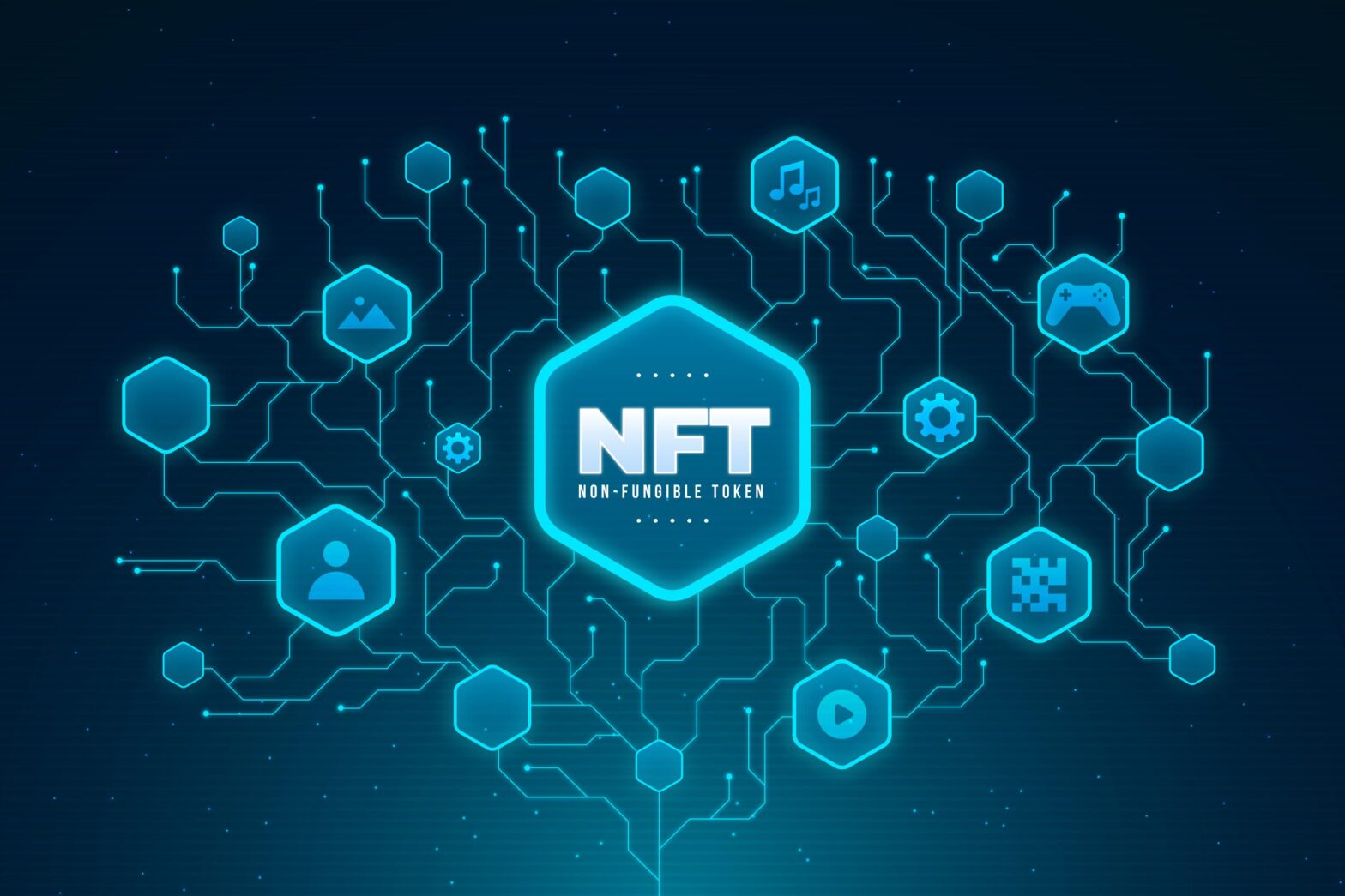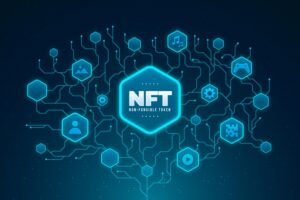
Pump and Dump Schemes in the NFT Market: The Dark Side of Custom Bots Manipulation
Introduction
Non-Fungible Tokens (NFTs) have gained significant popularity in recent years as a novel and lucrative investment avenue. Unfortunately, where there’s money to be made, there are individuals seeking to exploit the system for their gain. One such nefarious tactic is the infamous “pump and dump” scheme, where manipulative actors artificially inflate the value of NFT projects through custom bots, only to dump their holdings at the peak, leaving unsuspecting investors with substantial losses. This article delves into the workings of pump and dump in the NFT space and sheds light on the unethical utilization of custom bots that jeopardize the integrity of the market.
Pump and Dump Schemes in the NFT Market
Pump and dump schemes are not exclusive to the NFT market; they have been a recurring problem in traditional financial markets as well. However, NFTs, with their unique digital assets and strong community fervor, have become an attractive target for such manipulative practices. The concept of pump and dump is simple: a group of actors collaborate to artificially inflate the value of an NFT project, creating a buying frenzy, and then quickly sell their holdings when the price peaks, leaving unsuspecting investors with depreciated assets.
The Use of Custom Bots
The success of pump and dump schemes in the NFT market is largely dependent on the use of custom bots. These bots are computer programs designed to perform specific actions automatically and with precision. In the context of NFTs, custom bots are used to execute a series of manipulative strategies aimed at increasing the value of specific projects artificially.
Price Manipulation:
Custom bots can systematically place large buy orders for specific NFTs, creating the illusion of high demand and driving up the prices. As the value rises, retail investors may be attracted, contributing to the increased trading volume.
Social Media Manipulation:
Custom bots can flood social media platforms and NFT-related forums with positive posts and reviews, praising the NFT project as a game-changer. This propaganda enhances market hype and fuels the illusion of a promising investment.
Scalping and Sniping:
Custom bots can engage in rapid buying and selling, scalping profits from price fluctuations. Moreover, they can exploit the time advantage to snatch newly minted NFTs during initial drops, depriving genuine collectors of their chances to own coveted pieces.
Wash Trading:
In a wash trading scenario, custom bots mimic genuine trading activity, artificially inflating trading volumes to create a façade of a highly active and popular project.
Impact on Investors
The impact of pump and dump schemes on retail investors can be devastating. Individuals who fall prey to these manipulative practices often end up purchasing NFTs at inflated prices. Once the perpetrators execute their dump phase, the price plummets, leading to significant losses for genuine investors. Moreover, the sudden drop in value can deter potential newcomers from entering the NFT market, tarnishing its reputation and stifling its growth.
Regulatory Challenges
The decentralized nature of blockchain technology and the NFT market presents unique challenges for regulators trying to combat pump and dump schemes. Traditional financial markets have governing bodies and mechanisms to detect and prevent market manipulation, but the nascent NFT space lacks similar structures. Furthermore, custom bots leave minimal traces, making it difficult to identify the culprits behind these schemes.
Preventing Manipulation
Despite the challenges, several measures can be implemented to deter pump and dump schemes and mitigate their impact:
Education:
Educating investors about the risks and characteristics of pump and dump schemes can help them identify suspicious patterns and avoid falling victim to such practices.
Enhanced Platform Policies:
NFT marketplaces should implement robust policies to detect and prevent manipulative activities, such as wash trading and scalping.
Community Vigilance:
NFT communities should be proactive in monitoring and reporting suspicious activities, alerting platform administrators to take appropriate action.
Regulatory Intervention:
Collaboration between NFT platforms and regulatory authorities is essential to tackle market manipulation effectively. Though challenging due to the decentralized nature of blockchain, there should be efforts to promote transparency and accountability.
Conclusion
Pump and dump schemes driven by custom bots are an unfortunate reality in the NFT market. These manipulative tactics exploit the trust and enthusiasm of genuine investors, resulting in significant financial losses and a negative impact on the broader NFT ecosystem. To ensure the long-term viability and sustainability of the NFT market, concerted efforts from stakeholders, including platforms, investors, communities, and regulators, are necessary to identify, prevent, and penalize those engaging in these unethical practices. Only by staying vigilant and acting collectively can we safeguard the integrity of the NFT market for everyone involved.
Search
Recent NFT News
Reasons You Should...
2 years ago
The NFT Market in ...
2 years ago
Comparing Environm...
2 years ago
Pump and Dump Sche...
2 years ago
The Ultimate Guide...
2 years ago









 Your wait is over
Your wait is over We have just launched our new website featuring a number of amazing raffles
We have just launched our new website featuring a number of amazing raffles Visit here :
Visit here :  Explore the biggest raffles at
Explore the biggest raffles at  Register now & let the game begin
Register now & let the game begin